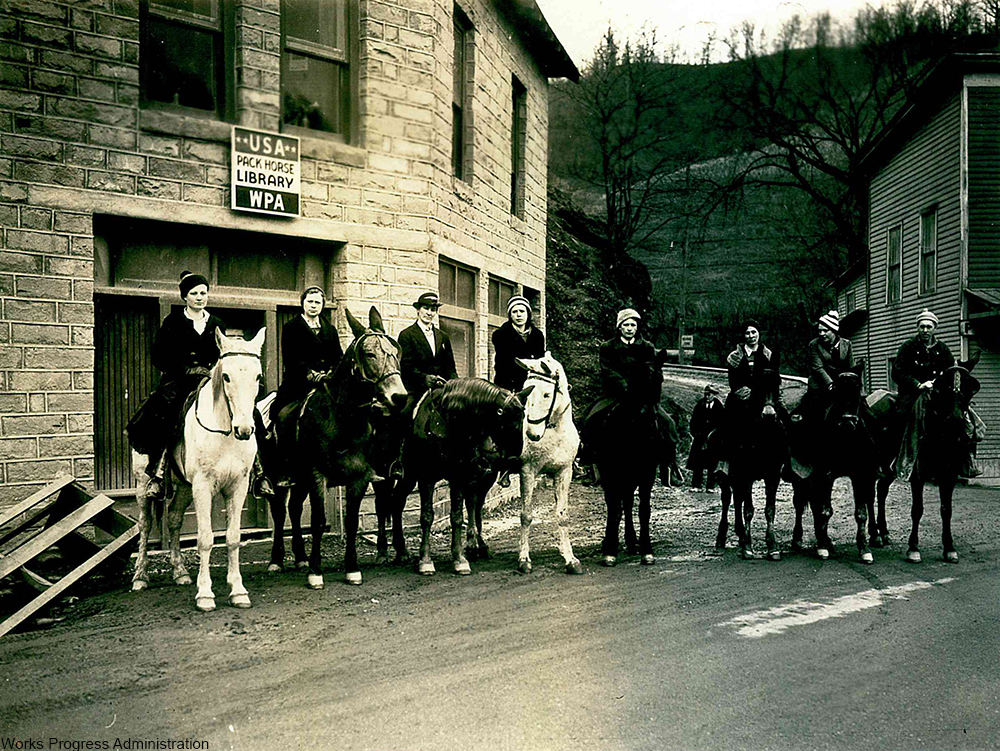The executive committee is responsibile for oversight and day to day activities of Libraria.
Kirsten Bell is Professor of Social Anthropology in the Department of Life Sciences at the University of Roehampton. She has published widely on the anthropology of public health and her most recent book is Health and Other Unassailable Values: Reconfigurations of Health, Evidence and Ethics (Routledge, 2017). Her five-year editorial stint with a commercially-published academic journal stimulated an interest in open access and led to her decision to complete a Master of Publishing at Simon Fraser University to explore alternative models of scholarly publishing. She has published papers in Medicine Anthropology Theory, Social Science & Medicine, tripleC: Communication, Capitalism & Critique and Anthropology Today on the politics of scholarly knowledge production in journals.
Dominic Boyer is Professor of Anthropology at Rice University and Founding Director of the Center for Energy and Environmental Research in the Human Sciences, the first research center in the world designed specifically to promote research on the energy/environment nexus in the arts, humanities and social sciences. He is part of the editorial collective of the journal Cultural Anthropology (2015-2018) and also edits the Expertise: Cultures and Technologies of Knowledge book series for Cornell University Press. His most recent monograph is The Life Informatic: Newsmaking in the Digital Era (Cornell University Press, 2013). He has recently co-edited Theory Can Be More Than it Used to Be (Cornell University Press, 2015) and has co-developed The Energy Humanities Reader for Johns Hopkins University Press. His next book, Energopolitics, is part of a collaborative multimedia duograph with Cymene Howe, with whom he co-hosts the “Cultures of Energy” podcast (available on iTunes and Stitcher).
Alberto Corsín Jiménez is Reader in Social Anthropology at the Spanish National Research Council in Madrid. He is a founding member of Ciudad Escuela, the world’s first open source infrastructure of urban apprenticeships. He is the author of An anthropological trompe l’oeil_ for a common world_ (Berghahn, 2013) and editor of _Culture and Well-Being: Anthropological Approaches to Freedom and Political Ethics_ (Pluto, 2008), _The Anthropology of Organisations_ (Ashgate, 2007) and _Prototyping Cultures: Art, Science and Politics in Beta_ (Routledge, 2017). His current work examines the rise of an urban commons movement and the development of open-source urban hardware projects by architects, artists and engineers.
Christopher M. Kelty is a professor at the University of California, Los Angeles. He has a joint appointment at the Institute for Society and Genetics and in the department of Information Studies. His research focuses on the cultural significance of information technology, especially in science and engineering. He is the author of Two Bits: The Cultural Significance of Free Software (Duke University Press, 2008), as well as numerous articles on open source and free software, including its impact on education, nanotechnology, the life sciences, and issues of peer review and research process in the sciences and in the humanities.
Marcel LaFlamme is a post-doc researcher at the LBG OIS Center at Ludwig Boltzmann Gesellschaft and the Department of Strategy and Innovation at Copenhagen Business School. He received his PhD in anthropology from Rice University in the United States, where his research focused on changing forms of expertise and their institutionalization at an innovation cluster in the rural U.S. state of North Dakota. With a background in library and information science, he also served as managing editor for the open-access journal Cultural Anthropology. His current work concerns the design of ecosystems for open, collaborative, and public scholarship. He also has a methodological interest in experimentality and the politics of evidence.
David Park is Professor of Communication at Lake Forest College in Lake Forest, IL, USA. His scholarship addresses historical topics in communication and media studies, with an emphasis on the history of communication associations, media history, and scholarly communication. He is the reviews editor for New Media & Society, the founder of the Communication History Division of the International Communication Association, and the series editor for the Critical Introduction to Media and Communication Theory series at Peter Lang publishers. He is the author of Pierre Bourdieu: A Critical Introduction to Media and Communication Theory (Peter Lang, 2014). He has also co-edited The History of Media and Communication Research (Peter Lang, 2008), The Long History of New Media (Peter Lang, 2011), The International History of Communication Study (Routledge, 2015), Communicating Memory and History (Peter Lang, 2018), and The Inclusive Vision: Essays in Honor of Larry Gross (Peter Lang, 2018).
Jeff Pooley is Professor of Media & Communication at Muhlenberg College and director of mediastudies.press, a small scholarly publisher. His research interests center on the history of media research within the context of the social sciences, with special focus on the early Cold War behavioral sciences. He also writes frequently on scholarly communication topics. He is author of James W. Carey and Communication Research: Reputation at the University’s Margins (Peter Lang, 2016), and co-editor of The History of Media and Communication Research (Peter Lang, 2008) and Media and Social Justice (Palgrave, 2011). He is co-founder of the Society for the History of Recent Social Science, and has published articles and book chapters on a range of related topics.
John Willinsky is Khosla Family Professor of Education, Stanford University and Professor (Part-Time) Publishing Studies, Simon Fraser University (SFU) and Distinguished Scholar in Residence, SFU Library. He is also the Director of the Public Knowledge Project (PKP). John started PKP in 1998 at the University of British Columbia in an effort to create greater public and global access to research and scholarship through the use of new publishing technologies. He is the author of, among other books, Empire of Words: The Reign of the OED (Princeton, 1994); Learning to Divide the World: Education at Empire’s End (Minnesota, 1998); Technologies of Knowing (Beacon 2000); and The Access Principle: The Case for Open Access to Research and Scholarship (MIT Press, 2006).
